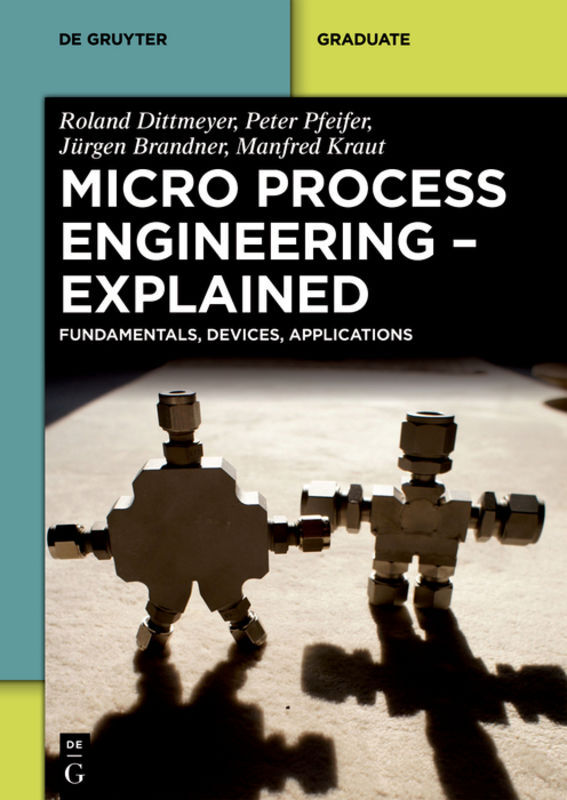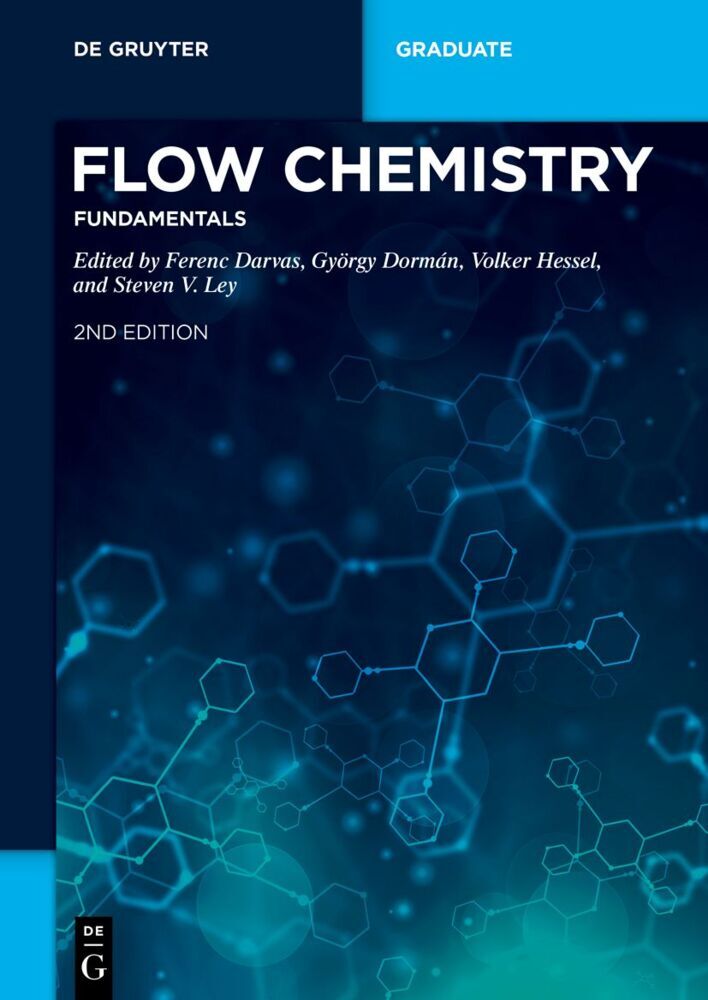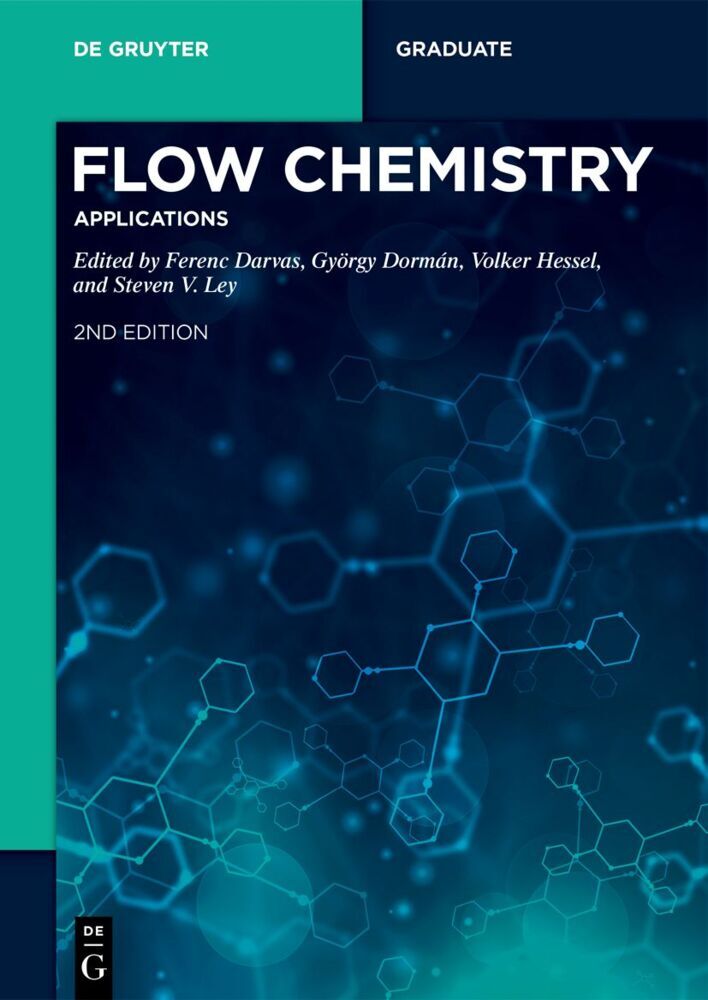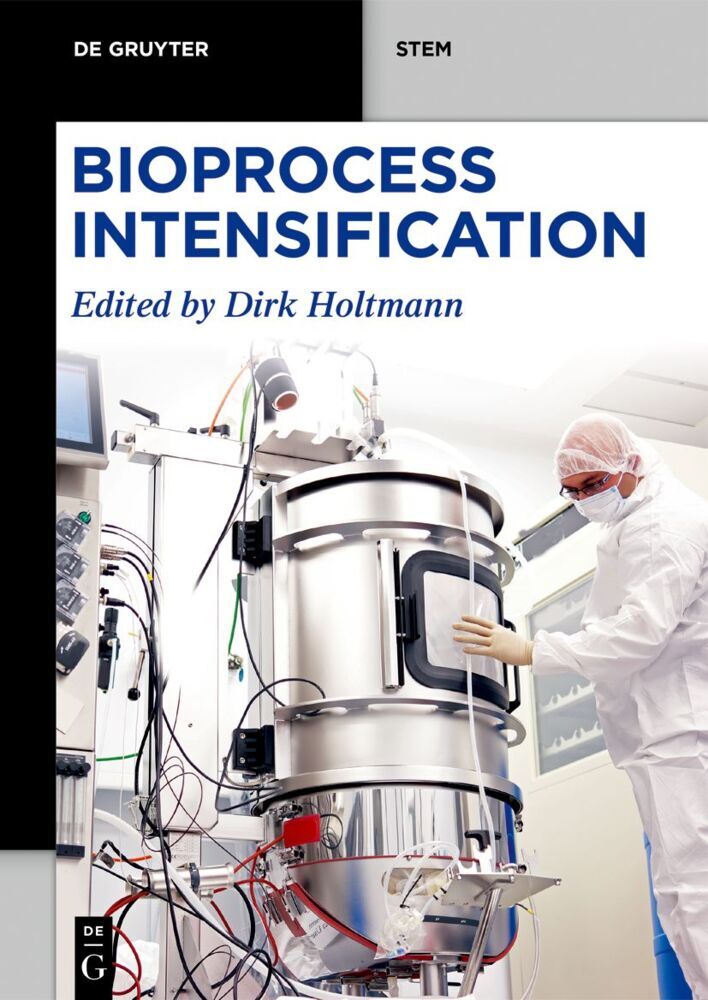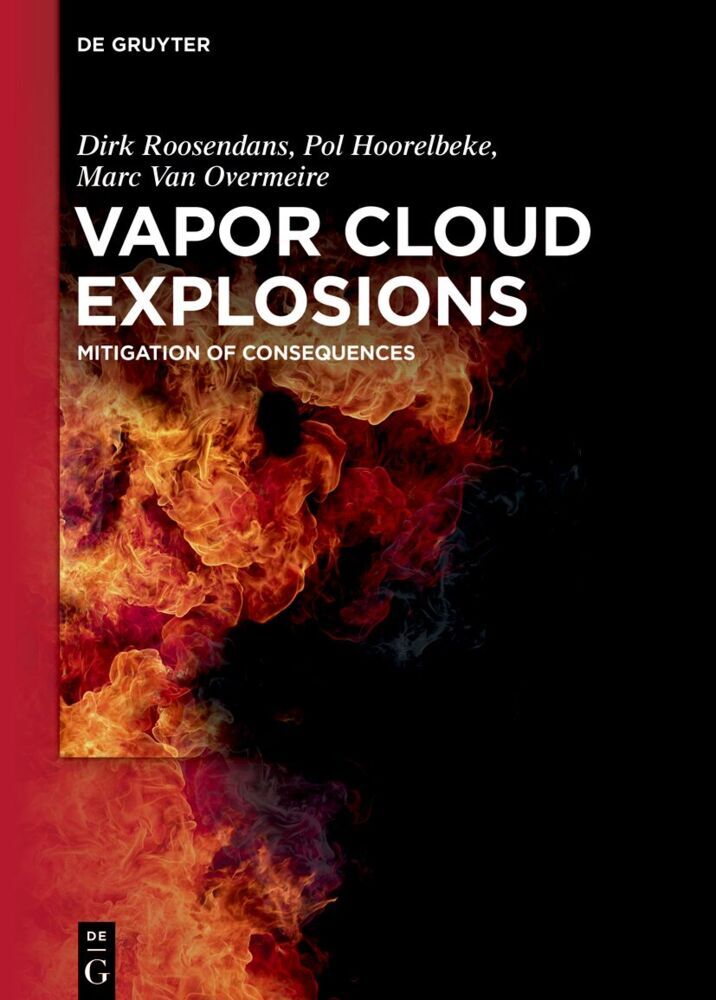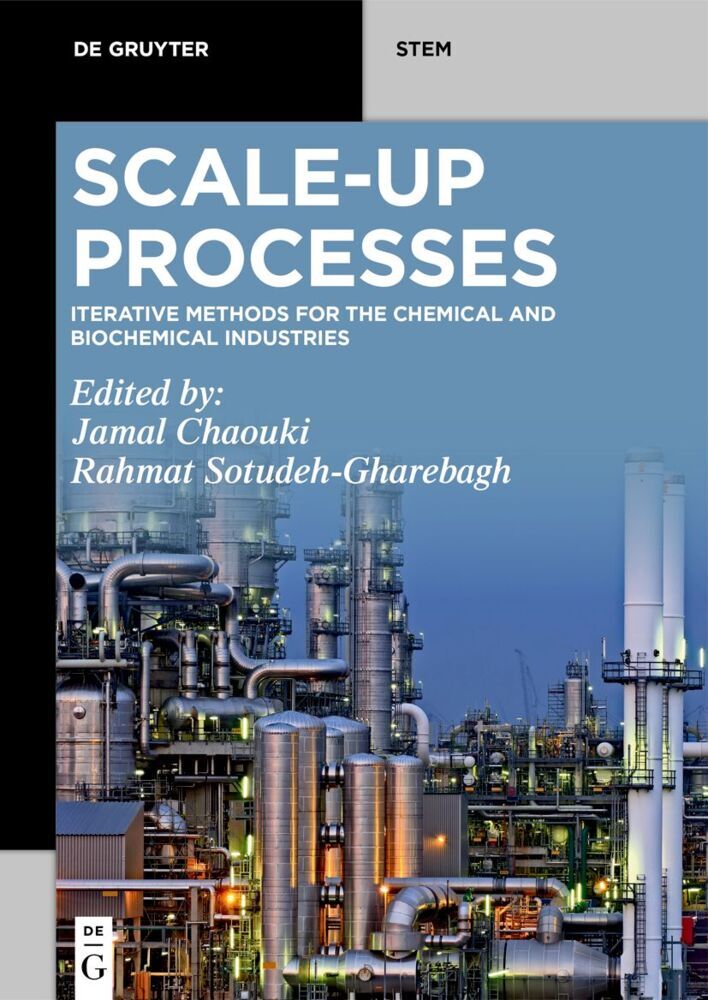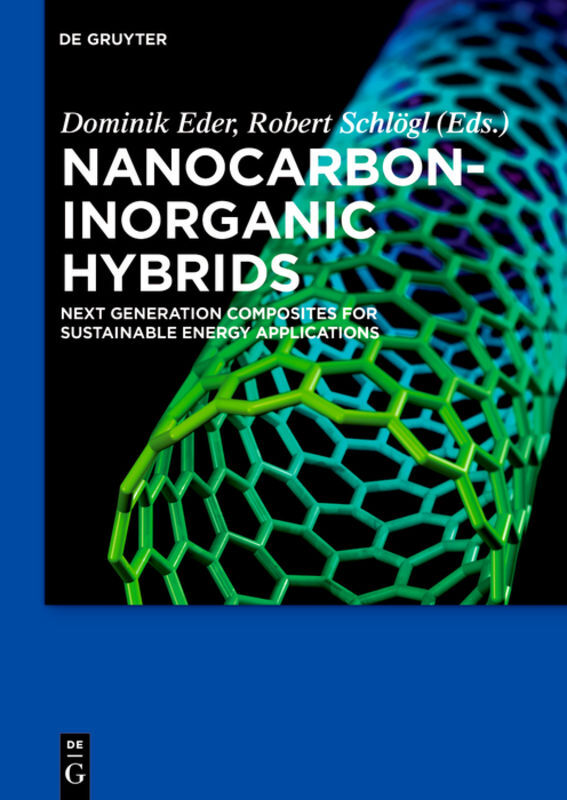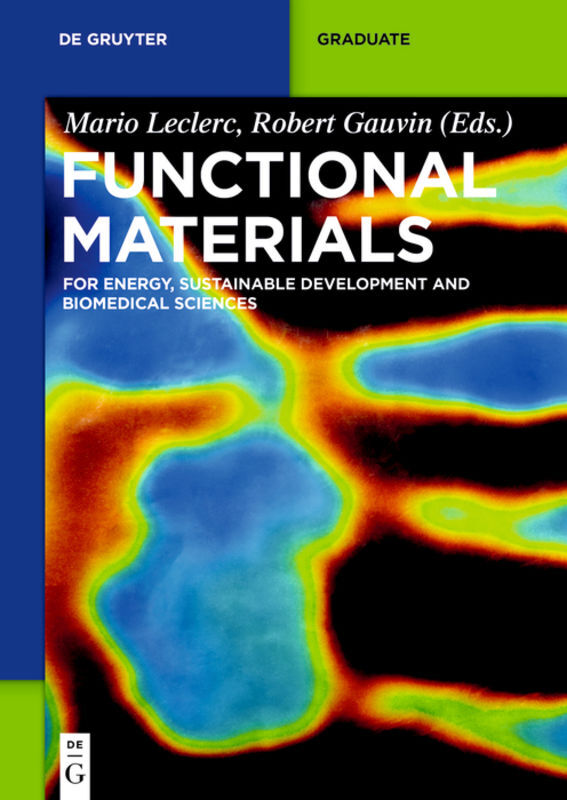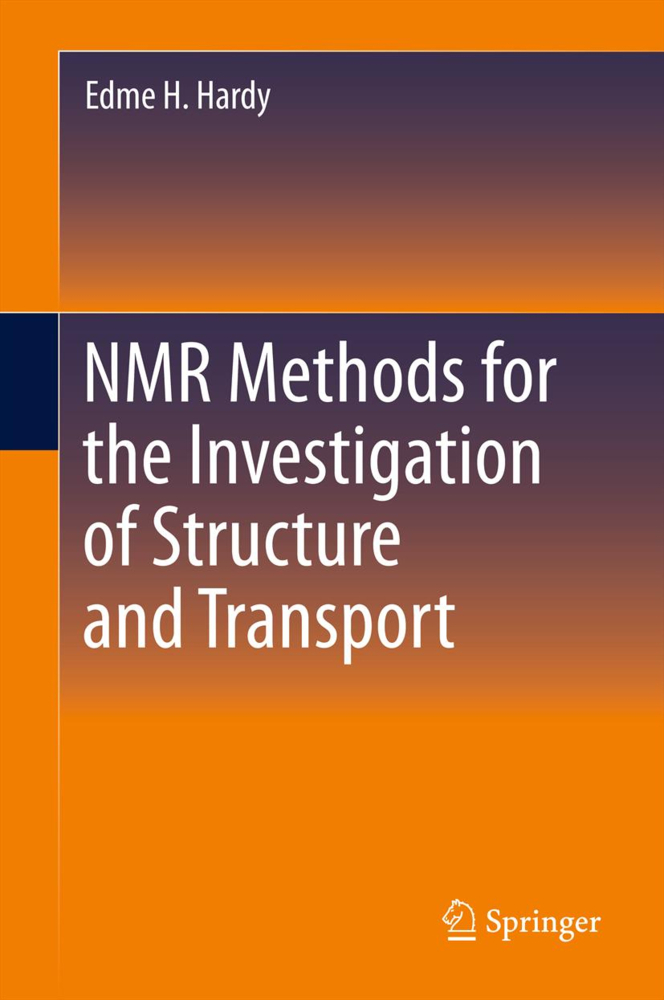Micro Process Engineering - Explained
Micro Process Engineering - Explained
Micro Process Engineering - an emerging field with high potential for significant improvement of process efficiency (both energy and materials utilization) often subsumed as "process intensification". The idea is to use microfabrication technologies to create continuous flow systems with excellent heat and mass transport performance that enable more efficient unit operations through more precise control of the process conditions as well as the integration of different functions into compact, safe, and scalable systems for flexible future chemical production technologies.
1. Introduction
2. Basic Concepts
3. Microfabrication Methods (Microstructuring and Joining, Corrosion, Fouling)
4. Fundamentals of Heat Exchange in Microchannels
5. Fundamentals of Flow Mixing in Microstructures
6. Interphase Heat and Mass Transfer in Microstructures
7. From Single Channels to Multichannel Systems
8. Microstructure Heat Exchangers and Evaporators
9. Microstructure Reactors for Liquid Phase Reactions (Miscible Systems)
10. Microstructure Reactors for Gas/Liquid and Liquid/Liquid Reactions (Immiscible Systems)
11. Microstructure Reactors for Heterogeneous Catalysis (Gas-Phase Reactions, Liquid-Phase Reactions, Multiphase Reactions)
12. Synthesis of Solids in Microstructure Devices
13. Mathematical Modelling of Processes in Microstructure Devices
14. Assessment of Process Conditions in Microstructure Devices
15. Safety of Microstructure Reactors
16. Lessons Learned
17. Practical Training in Micro Process Engineering
18. References
19. Appendix (Simulation Codes)
Dittmeyer, Roland
Pfeifer, Peter
Brandner, Jürgen
Kraut, Manfred
| ISBN | 9783110265385 |
|---|---|
| Artikelnummer | 9783110265385 |
| Medientyp | Buch |
| Copyrightjahr | 2025 |
| Verlag | De Gruyter |
| Umfang | XX, 450 Seiten |
| Sprache | Englisch |

